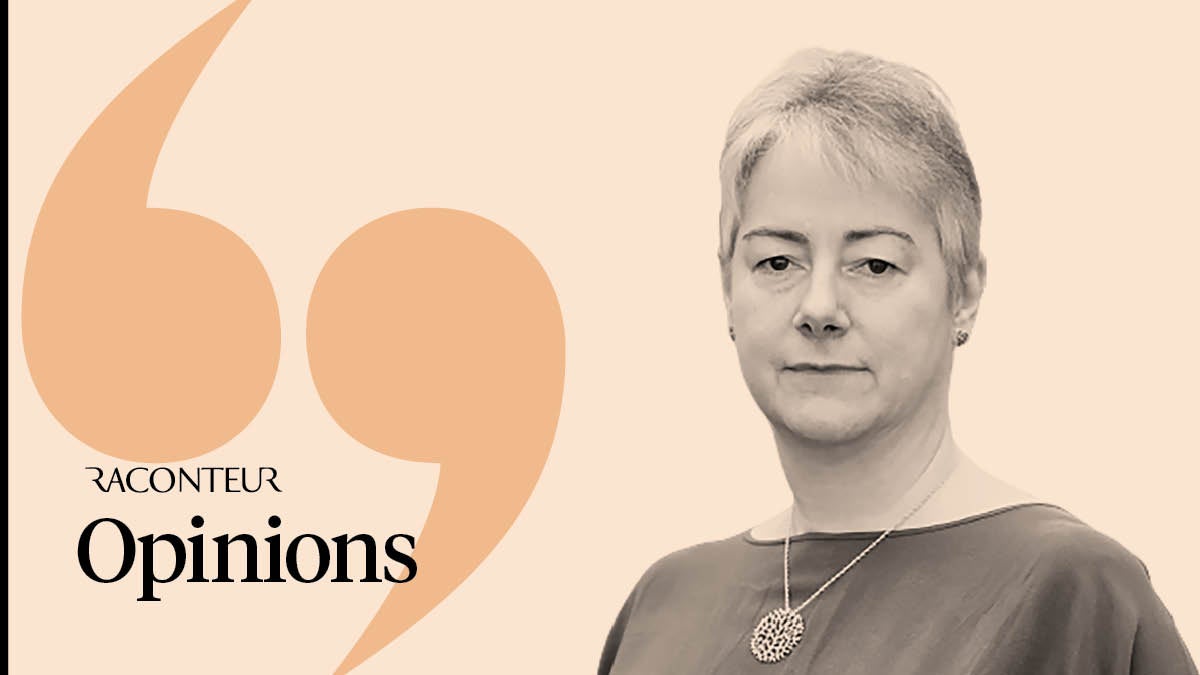
Health budgets are under increasing strain and cancer incidence is increasing. NHS cancer services have big constraints to manage, without the added stress of a novel virus.
But the UK cancer community remains optimistic. The future of non-surgical cancer care is exciting and will be defined by early disease detection, technological advances, including artificial intelligence (AI), and an increasingly personalised approach to all aspects of care. This includes follow-up shaped directly by patients through patient-reported outcome measures.
Screening will be tailored, eventually including individualised genetic risk factors, identified by “reading” our genetic code. Widened screening, coupled with new pathways to diagnosis, including dedicated “one-stop shop” community diagnostic hubs, have the very real potential to boost patient outcomes and survival by detecting more cancers at an earlier stage. Better, less damaging treatment options exist for early-stage cancer, so we will see a shift towards those treatments, improving cure rates.
Personalising care to cancer patients
People, and not just older people, have other illnesses which impact their cancer therapies. Individualised “prehabilitation” for patients will ensure the quickest recovery, both mental and physical. Simple signposting to advice on nutrition, exercise and smoking cessation will become a routine part of the cancer treatment package. More intensive prehabilitation for patients with lung cancer, for example, might include respiratory physiotherapy and exercise classes.
Currently, clinicians are able to segment some patients based on the characteristics displayed by their tumours. For example, there are now four different routine tests that enable clinicians to recommend the best drugs to combat non-small cell lung cancers. With advances in genomics, we anticipate being able to tailor treatment to fit every person’s individual genetic make-up, giving the best chance of cancer control to all patients.
We are already starting to see the benefits of research, leading to shorter, less intense courses of treatment for certain cancers, most notably shorter radiotherapy regimes for women with particular breast cancers. Many multinational trials have proven reducing chemotherapy and radiotherapy in lymphoma treatment doesn’t reduce cure rates.
New technology aiding cancer care
UK cancer teams are also pioneering new radiotherapy technology that aims to make treatment even more precise. Magnetic resonance linear accelerators, first trialled at The Christie and Royal Marsden cancer centres, can map tumours and adapt treatment in real time. It is hoped they will improve targeting of tumours that are mobile or difficult to see using standard techniques.
AI programmes have huge potential to augment care, with uses ranging from helping clinicians provide tailored information for patients, as well as providing back-up to clinical judgment in radiotherapy planning and the interpretation of imaging tests.
The ability to roll out these innovations rests on the resourcing, adaptability and stamina of the multidisciplinary cancer care team, comprised of oncologists, nurses, radiographers, pharmacists, physicists and many others, all working together for the benefit of each patient.
To give the best care, health professionals will need time to assimilate the newest treatment technologies. However, having clinicians work at the top of their licence to improve outcomes will be as exhausting as it will be exciting.
The cancer workforce needs to be supported; happy doctors deliver safer care to more satisfied patients.
To safeguard the future of cancer care, there must be investment in the future of our cancer staff, which means growing the cancer workforce, bolstering clinical leadership and realising the vision of NHS England’s People Plan in making the NHS the best place to work.

Health budgets are under increasing strain and cancer incidence is increasing. NHS cancer services have big constraints to manage, without the added stress of a novel virus.
But the UK cancer community remains optimistic. The future of non-surgical cancer care is exciting and will be defined by early disease detection, technological advances, including artificial intelligence (AI), and an increasingly personalised approach to all aspects of care. This includes follow-up shaped directly by patients through patient-reported outcome measures.

